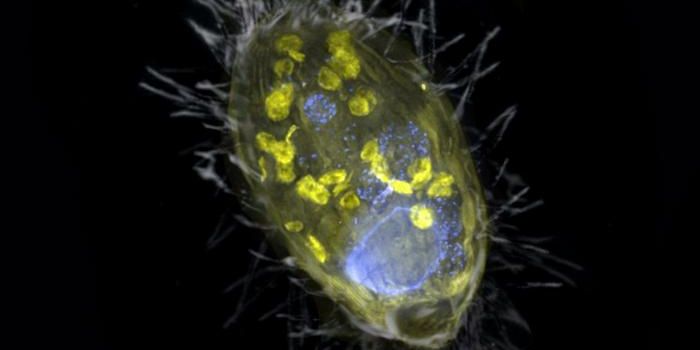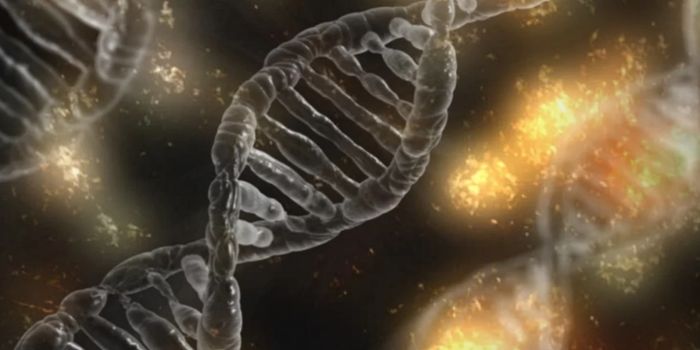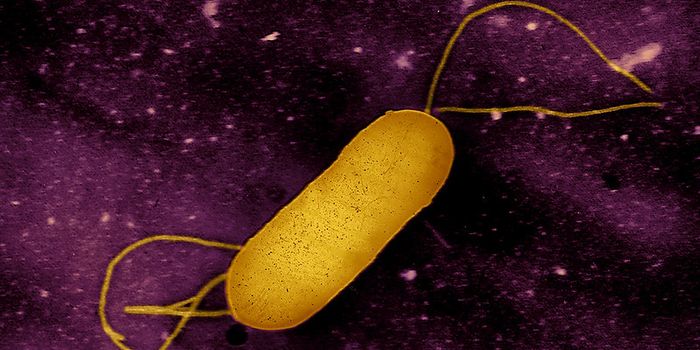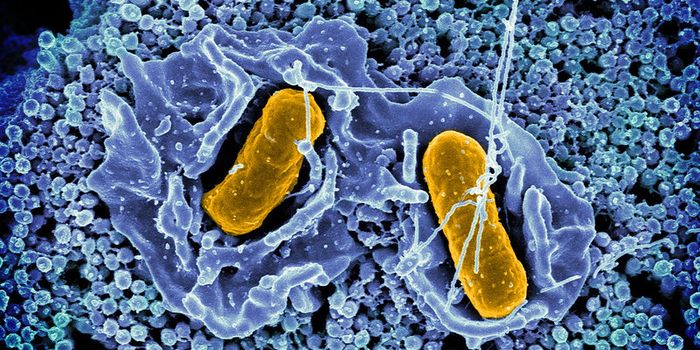Researchers Link a Gut Microbe to Depression
Scientists are learning more about how specific strains of bacteria in our guts are connected to various aspects of our health. Now, a team including researchers from the U.S. Department of Energy's (DOE) Argonne National Laboratory and Northeastern University has found that a microbe called KLE1738 depends on a chemical called gamma-aminobutyric acid (GABA), which has an important role in the brain. Deficits in GABA are one hallmark of depression and anxiety. The findings have been reported in Nature Microbiology.
“The association of microbial GABA metabolism with mental health is highly compelling,” noted Jack Gilbert, group leader for microbial ecology at Argonne. “The general ability of the microbiome to produce and/or consume GABA has not been as broadly described before, and a bacterium dependent on GABA has never been reported.”
Gut microbes have adapted to live in a very special environment, so culturing them in the laboratory presents many challenges. However, scientists are beginning to figure out how to do so. “Because of its unique growth requirements, nobody else has reported growing KLE1738,” explained the lead author of the report Philip Strandwitz, a postdoctoral research associate at Northeastern University's Antimicrobial Discovery Center.
Gut microbes may also require certain molecules for their growth, which are usually present in their natural environment but are unknown to laboratory researchers. In this work, an extensive investigation revealed that KLE1738 needs Bacteroides fragilis, a common microbe found in the human gut, to live. Additional work showed that GABA is made by Bacteroides fragilis and supplements the growth of KLE1738.
The team next explored how the microbe was related to depression, obtaining stool samples to assess gut microbes and MRI scans to look at brain activity in 23 depression patients. They found that the abundance of Bacteroides was inversely proportional to functional connectivity in a brain region related to depression. When Bacteroides levels are low, there is a lot of activity in this area, and vice versa.
“A good first step is to repeat our findings in additional human cohorts, which we are actively exploring,” said Strandwitz. “When it comes to depression, animal models are often difficult to translate, which is why we are so excited about human studies.”
The gut has been shown to have direct connections to the brain. “It would be great to explore whether microbial GABA can act as a signal via that pathway,” said study co-author Anukriti Sharma, a postdoctoral scholar at Argonne.
These researchers have founded a company that is seeking to explore how the microbiome might be used to treat various disorders of the nervous system. There is a lot of work that needs to be completed before that becomes a reality, but it does present a potential new avenue for treatment.
“Significant work must be done to first, validate the link between microbial GABA producers and depression,” Strandwitz said. “And second, if validated, identify the right approach to develop [bacteria] -- or some sort of intervention -- as therapeutics.”
Strandwitz and colleagues have suggested giving KLE1738 the name Evtepia gabavorous.
Sources: AAAS/Eurekalert! via DOE/Argonne National Laboratory, Nature Microbiology









